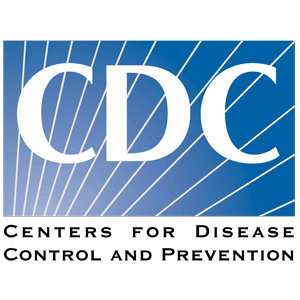Campus Statement
There is not an outbreak of Hepatitis A at Arkansas State University, and there is no documented foodborne case. We have been alerted by our food service provider, Sodexo, that a temporary employee was reported to have a potential case of Hepatitis A.
We have conferred with Sodexo to review its food handling procedures and was reassured by Sodexo that all appropriate food-safety procedures were in place to limit exposure, and to remove any potential future exposure. These procedures include continuous wearing of gloves, the appropriate hand-washing technique, and regular sanitization of the food-preparation area by the Sodexo employees as a part of their regular procedures. Per policy, the employee immediately left the premises and is no longer working on campus.
Hep A Vaccination Clinic Information
In Jonesboro
Those concerned are encouraged to get a free vaccination at the Craighead County Health Department today, or Friday, Oct. 26, during its regular hours from 8 a.m. to 5 p.m. The Health Department is located at 611 E. Washington Street in Jonesboro.
On Campus
We are hosting the Craighead County Health Department on Monday, Oct. 29, and Tuesday, Oct. 30, for students, faculty or staff who wish to receive the free Hep A vaccination. The clinic will be conducted from 8 a.m. until 4:30 p.m. at the Reng Student Center on the third floor in the River Rooms located behind the Multicultural Center.
Out of Town
We are working with the Arkansas Department of Health so that students can visit their home county clinics over the weekend to receive the vaccination if they wish. Students who are unable to attend the clinics in Jonesboro because they are traveling for the weekend may be able to visit a Local Health Unit in another county. Those visiting Local Health Units in other counties should call ahead to ensure vaccine is available. Local Health Unit listing can be found at https://www.healthy.arkansas.gov/health-units
Hep A Frequently Asked Questions
The following information is from Arkansas Department of Health and Centers for Disease Control. For additional information, go to their websites linked below.







